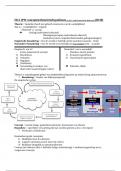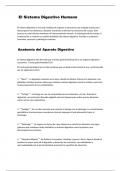Notas de lectura
Aantekeningen Hoorcollege Inleiding Politieke Wetenschap
- Grado
- Institución
- Book
Dit zijn alle aantekeningen van de hoorcollege's gegeven door Joop van Holsteijn voor het vak IPW (Inleiding Politieke Wetenschap)! Alle afbeeldingen die in dit document zijn verwerkt komen uit het boek: Theory and Methods of Political Science of uit de presentaties van de hoorcolleges.
[Mostrar más]





